Could a rail strike bring trains to a ‘grinding halt’ as we embark on our summer holidays?
The RMT trade union, which represents rail workers, certainly thinks so.
In fact, they have billed the prospect of widespread industrial action this year as “potentially the biggest rail strike in modern history.”
RMT officials have blamed the UK Government for triggering the ballot on strike action by putting jobs at risk.
The Government’s Department for Transport (DfT) wants to overhaul the railway so it is less dependent on subsidies – taken off “taxpayer life support”.
And the DfT has branded the threatened rail strike as “irresponsible”.
A DfT spokesperson said an overhaul of the sector was needed to “avoid a similar decline seen in the 1950s-60s where car usage saw many leave the railways”.
Didn’t we have rail strikes just last year?
Rewind to last year and Sunday strikes saw trains cancelled across across Tayside and Fife. The cause was a long-running pay dispute.
RMT’s ScotRail staff geared up to strike during the COP26 summit in Glasgow.
But a last minute deal securing the workers a 2.5% pay rise prevented rail services being crippled during the event.
This particular dispute with RMT does not involve ScotRail.
However, ScotRail is currently embroiled in a separate row over pay.
It concerns Network Rail workers involved in maintaining the vital infrastructure needed to keep trains running across Dundee, Perth, Angus and Fife.
Also involved are train operators serving Scotland including LNER, Cross Country Trains, Transpennine Express and Avanti West Coast.
They are part of the UK Rail Delivery Group’s Rail Industry Recovery Group (RIRG) – which is working to reform the railways.
The UK Government has told RIRG its current financial outlay on the railways is “not unlimited or sustainable”.
In response, the group has set out a strategy to make the “cost savings required”.
Why are rail workers threatening to strike now?
RMT regional organiser Mick Hogg says workers are deeply concerned about the reforms being mooted.
“There are continuous threats of job losses and continuous attacks on terms and conditions,” he explained.
And union officials claim the UK Government’s Great British Railway will “impose austerity across the railway”.
They want an assurance that employees are not at risk of compulsory redundancies.
RMT has also hit out at “fat cat” salaries for bosses while workers’ pay stagnates amid a cost of living crisis.
What does the Government have to say about it?
The DfT spokesperson said: “This kind of irresponsible disruption only makes things worse, damaging our economy just as it is recovering.
“We want a fair deal for staff, passengers and taxpayers so the railway doesn’t take money away from other essential public services like the NHS.”
Meanwhile, a Rail Delivery Group spokesperson urged RMT to “work with us to bring how we run our services up to date”.
The group spokesperson said the railway needs to pay its own way.
“The alternatives of asking taxpayers to shoulder even more of the burden after contributing an extra £16 billion to the industry during covid, or passengers to pay even higher fares when they too are feeling the pinch, simply isn’t fair.”
A Network Rail spokesperson added: “Our modernisation programme aims to build a sustainable future that delivers for passengers and creates better and safer jobs for our people.”
When would the strike happen?
With the ballot set to close later this month, rail staff could strike towards the end of June or beginning of July – just as the summer holidays are starting.
Once more, the timing seems strategically planned to cause the most disruption possible.
Mick says the aim is to “send a clear signal to the train operating companies, Network Rail and the Government.”
Strike could cause ‘massive impact’ with trains cancelled
He adds: “There will not be any signalmen, there will not be any maintenance for the tracks.
“It will have a massive impact on trains in Scotland.
“In fact, it will probably bring the train network to a grinding halt.”
RMT recently secured London Underground workers an above inflation rise of 8.4%.
And Mick says without pay increases, Scottish railway workers could struggle to cope with the increased cost of living.
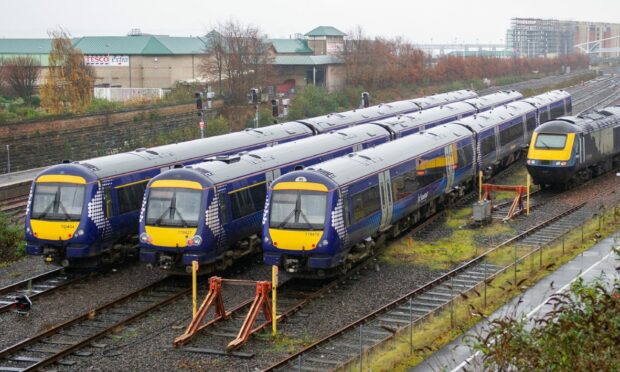
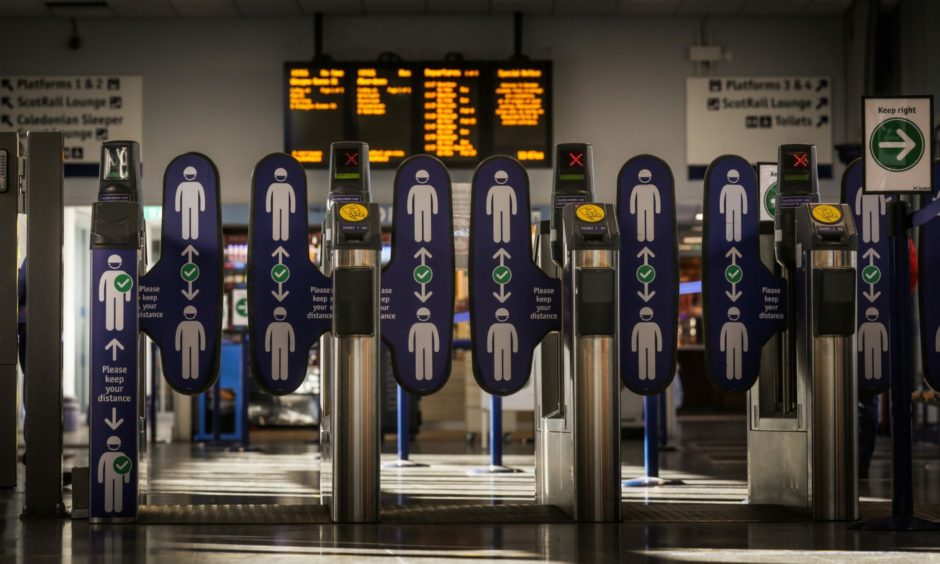
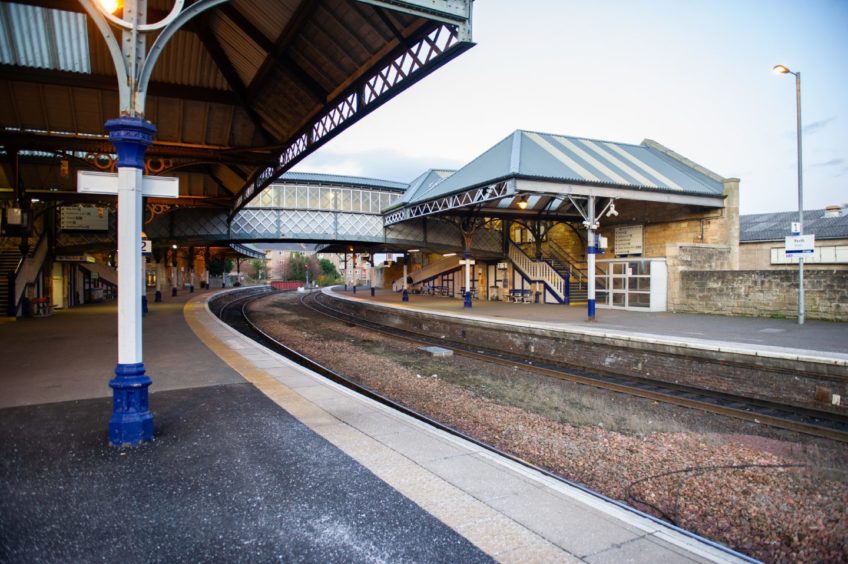

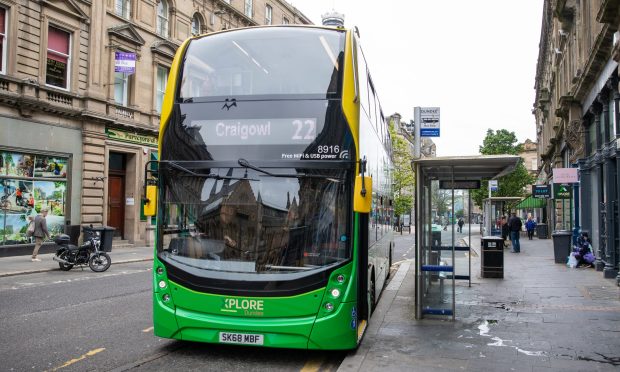
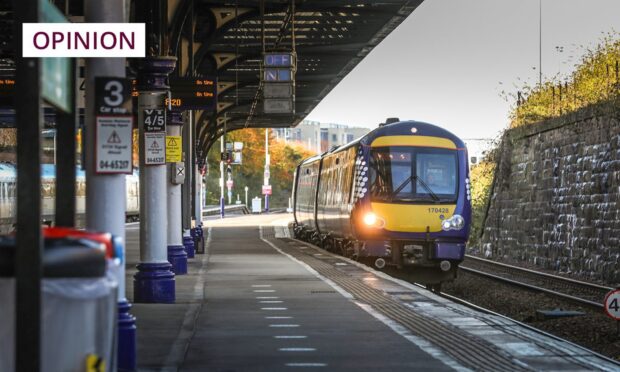

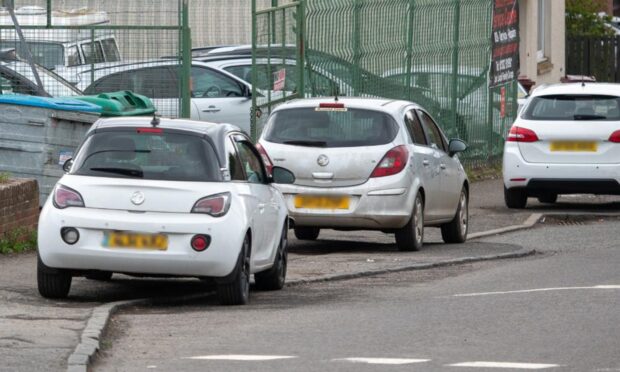
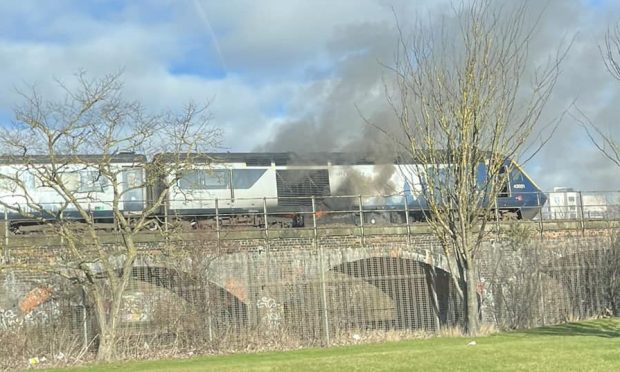
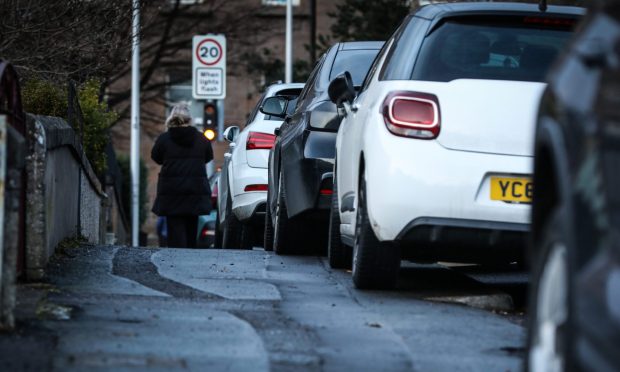
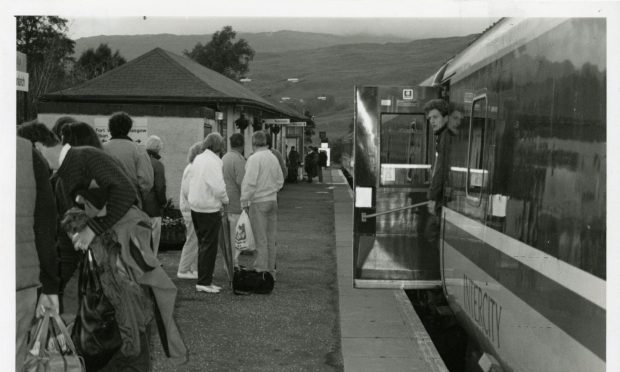


Conversation